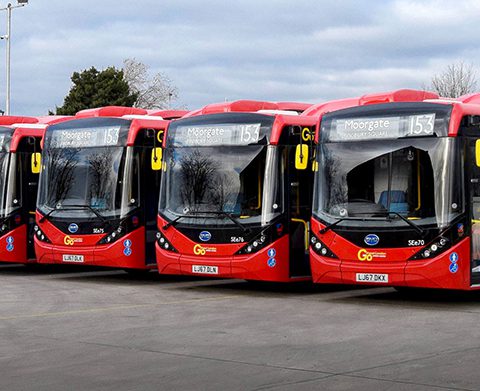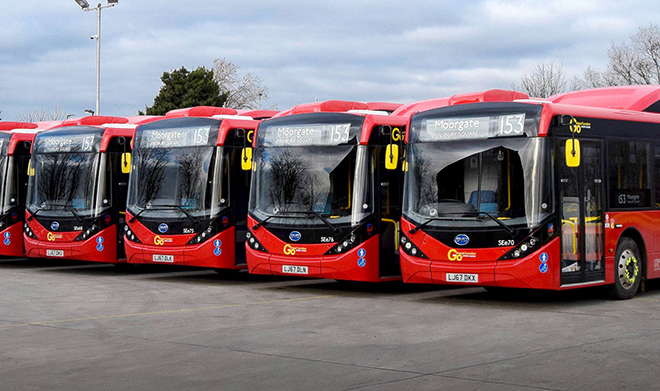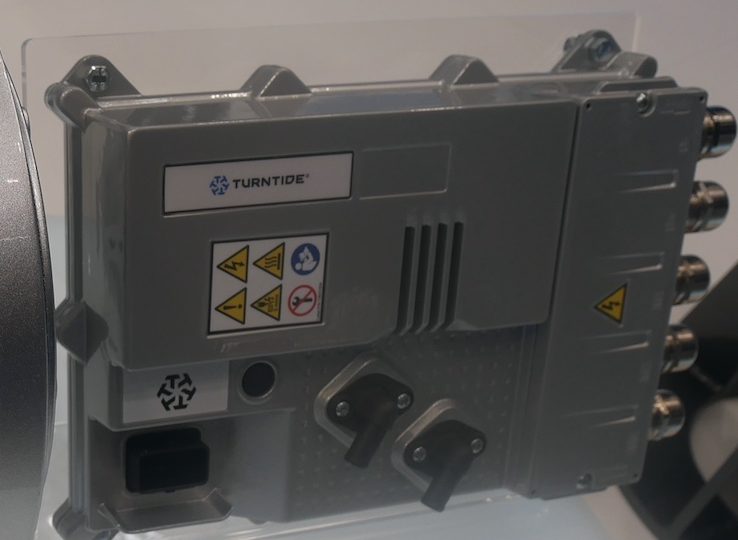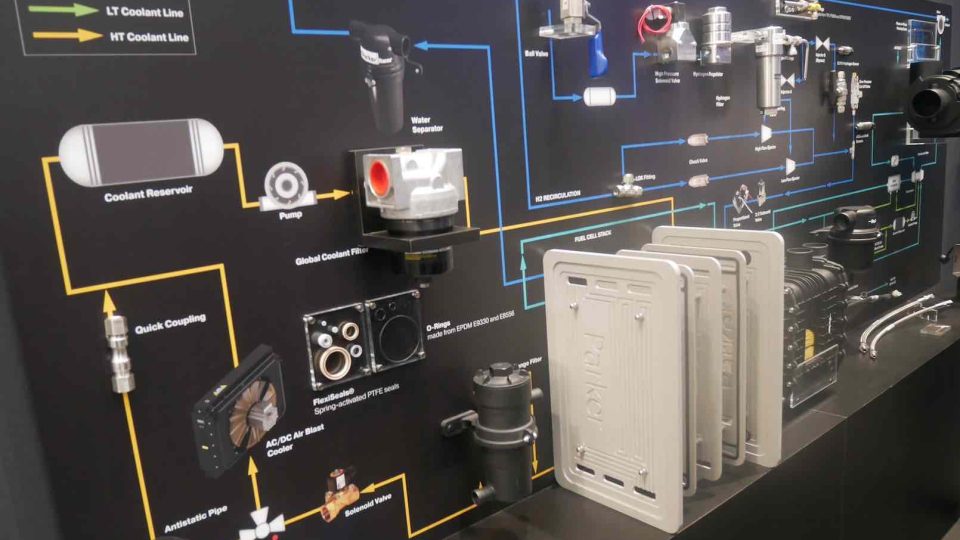A growing trend for electric bus market in Europe
In 2019, the European electric bus market set a new record tripling the figures of 2018. Nearly 12 per cent of city buses registered in 2019 were battery-electric. But things are going to get even deeper, very soon: Interact Analysis forecasts that «approximately 40% of new city buses registered in Europe in 2025 will be […]

In 2019, the European electric bus market set a new record tripling the figures of 2018. Nearly 12 per cent of city buses registered in 2019 were battery-electric. But things are going to get even deeper, very soon: Interact Analysis forecasts that «approximately 40% of new city buses registered in Europe in 2025 will be battery-electric».
The insight is included in several reports on electric buses published by the market research company firm. Interact Analysis, in fact, has a specific department for truck, bus and off-highway electrification.

Batteries are the future of electric bus market
Still according to Interact Analysis, «Zero-emission buses use large batteries or stored hydrogen which is converted to electrical energy using a fuel cell to power electric motors. In the short- to mid-term, the vast majority of zero-emission buses will use large batteries due to the high-cost of manufacturing fuel cells and the under-developed infrastructure required for hydrogen re-filling».
CUMMINS BATTERIES AT THE LAST BUSWORLD
Therefore, also quick-charged buses with small batteries are not likely to have a major share in the electric bus market. Assuming such a scenario, it’s no surprise that a group like MAN decided to launch a battery-electric bus without the option of roof-pantograph.
Electric bus market leaders, the top 10 may change a lot
But what about market leaders? Today VDL is at the head of the 2019 top ten list with 386 e-buses registered and a 22.5 per cent of share, while BYD has placed second with 236 buses.
DIESEL OR ALTERNATIVES FOR BUSES?
«Dutch manufacturer VDL Bus & Coach is currently the European market leader for electric buses, however, this is largely due to the fact that the Netherlands has been the quickest to adopt electric buses», Interact Analysis highlights with regards to the pledge announced by Boris Johnson of supporting the purchase of 4,000 e-buses in five year. «UK electric bus manufacturers may catch up with VDL should the government follow through with this commitment, especially since the UK orders more buses on an annual basis than the Netherlands».









